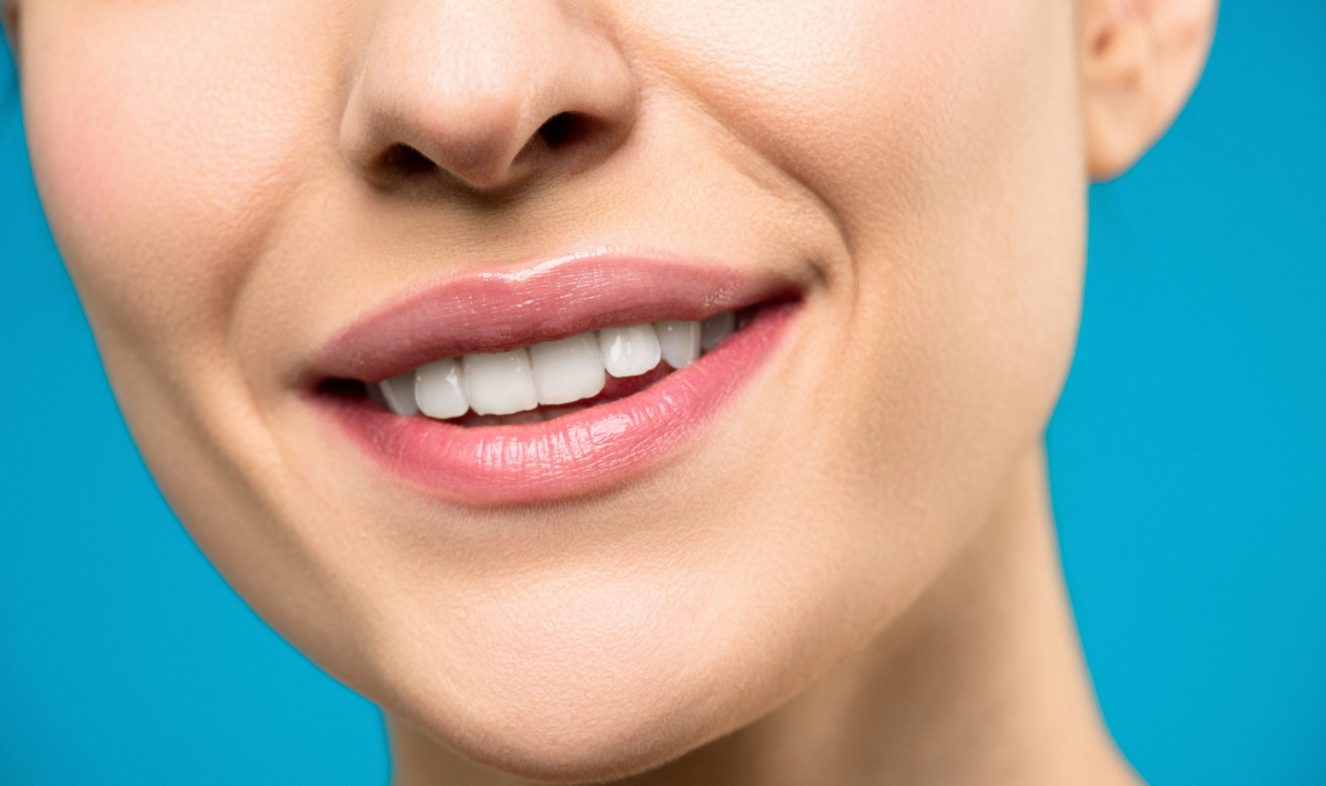Have you ever woken up to a pile of drool on your pillow? While this is seemingly normal, producing excess amounts of saliva consistently can be a result of other underlying issues.
Saliva helps to keep your mouth healthy by breaking down and washing away food, helping with taste buds and preventing cavities, according to Colgate. Drooling is normal in infants and toddlers but can be a cause for concern for adults.
Hypersalivation (as it’s also called) is when “your salivary glands produce more saliva than usual,” says Healthline. It can be short- lived or more chronic. Typically, temporary hypersalivation can be caused by a variety of conditions like cavities, seasonal allergies, sinus infection, acid reflux, pregnancy, or as a side effect of some drugs. Once those conditions are treated or pass (like pregnancy), the hypersalivation will subside.
However, hypersalivation can also be chronic, caused by a number of conditions such as misaligned teeth, stroke, an intellectual disability, or any number of conditions that affect muscle control like Parkinson’s disease, cerebral palsy and amyotrophic lateral sclerosis (ALS). Adverse side effects of hyper salivation can be coughing, gagging or aspirating fluid into your lungs, said Colgate.
If you have symptoms of hypersalivation, visit your healthcare provider. They will most likely examine your mouth looking for symptoms of swelling, bleeding, odor or inflammation, reports Healthline. If the hypersalivation is due to a chronic condition, they can work with you to assess the severity of your symptoms to address treatment.
If it is temporary, they may suggest home remedies or refer you to a dentist if they suspect a cavity as the culprit. According to Healthline, they may suggest more regular brushing which can help to dry the mouth as well as an alcohol-based mouthwash. There are also medications that can help to treat the condition.
For more chronic cases, your doctor may recommend any number of interventions. These include speech therapy, oral devices, Botox injections which they will inject into your salivary glands, or in some cases, surgery on the glands. If the hypersalivation is caused by a misalignment of teeth, orthodontics may be another possible solution.
Like any condition, it’s important for anyone who feels they suffer from hypersalivation to see their doctor for diagnosis and treatment. “Consult with your doctor so that together you can find a treatment plan that manages the excessive saliva and makes you feel comfortable and confident,” said Colgate.
RELATED ARTICLES:
Where Can I Get the Best Bang for My Buck in Gym Costs?
Meal-Prep: Don’t Bit Off More Than You Can Chew

